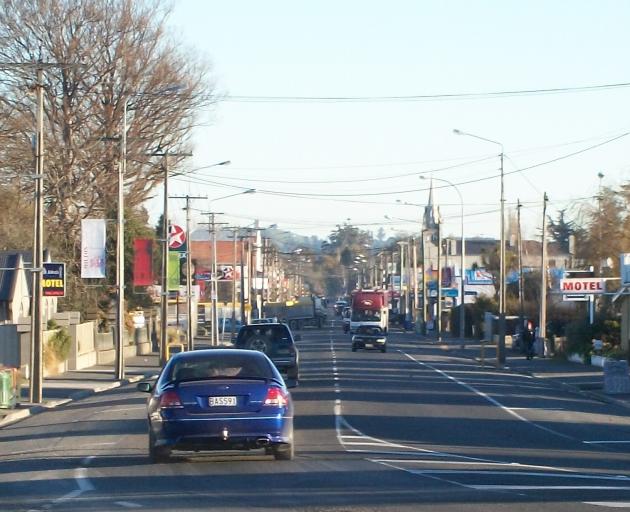
Banning coal has been suggested as a potential solution by some regional councillors after Otago had worse air quality results than usual this winter.
At an Otago Regional Council meeting yesterday it discussed the latest report which showed some towns having almost double the days exceeding national air quality standards than they did in the average of the previous three years.
Milton was the worst with 48 days exceeding limits, followed by Arrowtown and Cromwell with 42 each.
In some cases these towns reached two to three times the national limit, the report said.
"The exact cause of this result is not known. The fact that it was a region-wide effect points to the likelihood a broad-scale climate setting played some part in the results," the report said.
Regional council environmental scientist Deborah Mills said she was surprised Milton recorded its worst air quality results after the Bruce Woollen Mill closed in 2011.
"I was expecting the opposite."
Coal-burning was a likely reason for the results, she said.
Cr Bryan Scott said the council needed to have the confidence to ban coal.
"Inevitably coal will not be used in our community in the future. Let’s ban coal. Get something that will stir up the community."
Cr Graeme Bell said he had seen poor air quality results and the same language in reports in his four years as a councillor and was "getting sick of it".
"We have the responsibility to move this along much quicker."
Cr Andrew Noone said encouraging less use of coal could be a good start.
"It’s not just a matter of turning off one switch and turning on another. Who knows what our opinion will be in 12 months or two years."
Cr Michael Deaker said staff should investigate towns which had banned coal to see what the result was.
"We’ve got to stay practical and see what our pathway might be if we were to go out on a limb."
Cr Gretchen Robertson said if the council decided to ban coal it must consider how much this would affect the air quality results.
"Coal could be part of the picture, but we’ve got to look at the whole picture."
Cr Sam Neill said the council needed to balance the fact people needed to stay warm.
Dunedin did not exceed national standards and Mosgiel did seven times. These were the only areas tested where results were not higher than usual.
Dunedin had its best year of air quality on record.
OTAGO AIR QUALITY
Key: 2017 = Number of exceedance days in 2017; 2014-16 = Number of exceedance days, 2014-16 average 2017 2014-16
Alexandra 2017: 35 days; 2014-16: 34 days
Arrowtown 2017: 42 days; 2014-16: 36 days
Balclutha 2017: 14 days; 2014-16: 8 days
Clyde 2017: 23 days; 2014-16: 16 days
Cromwell 2017: 42 days; 2014-16: 36 days
Dunedin 2017: 0 days; 2014-16: 0 days
Milton 2017: 48 days; 2014-16: 26 days
Mosgiel 2017: 7 days; 2014-16: 7 days
Comments
About time! I suggested this to the ORC 6yrs ago and was told by the chairperson "Its a social issue". Well it sure is.
Don't listen to old Cr Sam Neill. Listen your own environmental scientist Deborah Mills. That's why you employ her!
Yes ban it please! And in Dunedin too. I was unlucky enough to live next door to a house with a coal burner. On a chilly day wind would blow thick smoke straight into our house and shutting doors and windows couldn't help it just stinks in every room.
Lets get that tangible proof that there has been a tangible benefit to human health. To quote the London fog saga is quite different to what is happening on these days in these towns. We know it occurs on windless periods - lets put some windmills up
to stir the air and see if improves more than these ban the coal moves.











